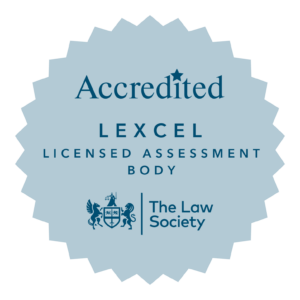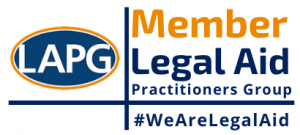A 12-month pilot scheme was launched on 30 January 2023 allowing journalists into the family court and to report on the cases, subject to the rules of anonymity. The pilot scheme was launched in Cardiff, Leeds and Carlisle Family Courts. The pilot scheme started with public law cases (including care order proceedings) and extended to include private law cases (including child arrangement orders) on 15 May 2023. The scheme excludes journalists from reporting on financial remedy cases.
Over 265,000 cases go through the family court per year. Justice Lieven commented that ‘[there has been] quite a lot of material in the last few years that has undermined public confidence in the family divisional justice system. Because we usually conduct our business behind closed doors effectively and journalists cannot report what is said it has allowed suspicion to grow. The only cases that can be reported upon are those that go to the Court of Appeal where something goes wrong so we have an embedded bias.’(1)
Rt Hon. Sir Andrew McFarlane, President of the Family Division, looked to address this and wrote in his October 2021 report: “My overall conclusion is that the time has come for accredited media representatives and legal bloggers to be able, not only to attend and observe family court hearings, but also to report publicly on what they see and hear. Reporting must be subject to very clear rules to maintain both the anonymity of the children and family members who are before the court, and confidentiality with respect of intimate details of their private lives. Openness and confidentiality are not irreconcilable, and each is achievable. The aim is to enhance public confidence significantly, whilst at the same time firmly protecting continued confidentiality.”
Justice Lieven led a sub-group with the aim of designing a pilot scheme, which he said was ‘fundamentally about two things, promoting public confidence in the family justice system and promoting accountability.’(2)
Rule 27.10 of the Family Procedure Rules 2010 states that proceedings are to be held in private which means that the general public are not permitted to attend the hearing.(3) Rule 27.11(2)(f) of the Family Procedure Rules 2010 provides for an exception for ‘accredited representatives of news gathering and reporting organisations’(4)
How the Transparency Pilot Scheme will work
Within the scheme, if a journalist wants to report on a case an application would need to be made for a Transparency Order. The Court will have to determine whether the order should be granted on a case to case basis. The Court does not have to grant the Transparency Order and could conclude that there should be no reporting having considered the nature of the case.
Should a Transparency Order be granted it will allow the parties to the proceedings to give interviews to the reporters and to be quoted in any articles about the proceedings. Parties should be made aware that they themselves are unable to disclose anything about the proceedings.
With regards to the child, protecting and maintaining their anonymity will continue to be in place for the duration of the proceedings and will continue until the child obtains the age of 18.
Reporters should make requests for documents before or at the hearing. They are not entitled to all documents, and they must apply to the Court for permission if they wish to see any documents that they have not been provided with.
As stated, this is a year-long pilot scheme, after which its success will be independently evaluated.
For further information regarding the scheme and how it is to be implemented, please see the link to the guidance: https://www.judiciary.uk/wp-content/uploads/2023/01/The-Reporting-Pilot-Guidance-26-1-23.pdf


